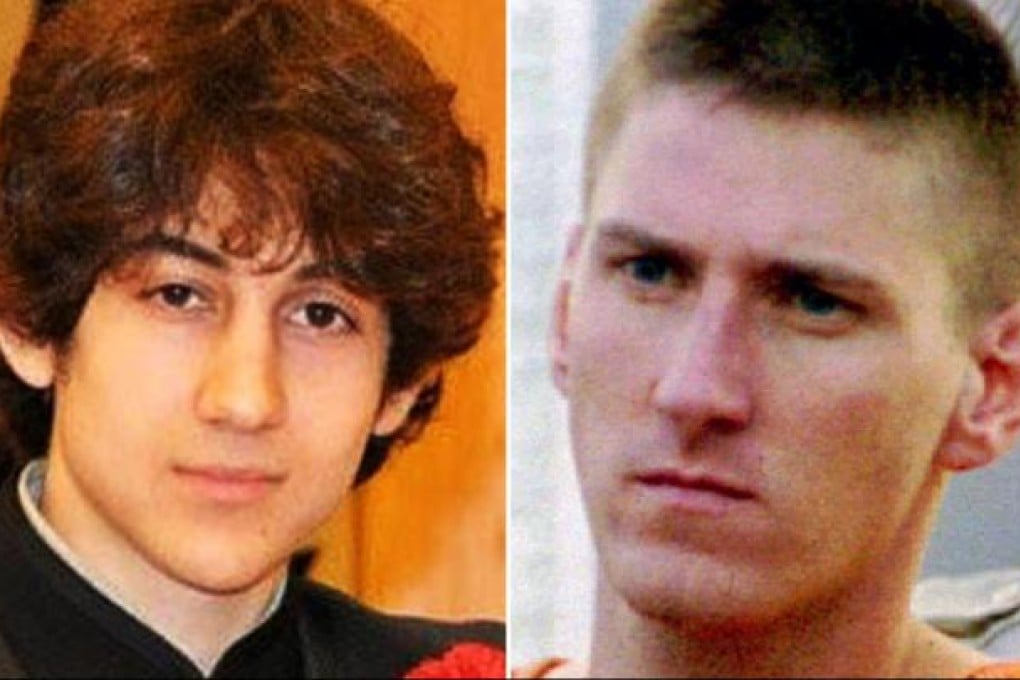After Boston, lessons from a legacy of terror
Legal cases against the perpetrators of past outrages in the US can give prosecutors a pointer as they consider charges against Boston suspect

As prosecutors consider charges following the Boston Marathon bombings, the same laws used successfully in deadly terrorist acts such as the Oklahoma City outrage and the first World Trade Centre attack may be at the top of their list.
Terrorism cases brought over the past 20 years show there are several federal statutes that could be applied, including counts of conspiracy to use or actual use of a weapon of mass destruction, both punishable by death.
Dzhokhar Tsarnaev, the 19-year-old suspect in the marathon attack, is being held in a Boston hospital where he is in serious condition, unable to speak due to injuries to his neck and tongue sustained while on the run from police, officials said.
The US Federal Bureau of Investigation still was unable to interview him, Boston Police Commissioner Ed Davis told CBS television, and authorities may never be able to speak with him, Boston Mayor Thomas Menino said.
In last Monday's bombings, three people were killed and more than 170 injured. The suspect's elder brother, Tamerlan, 26, was later killed in a confrontation with police.
Even in cases matching the brutality of the Boston outrage, there is a mixed record of those prosecuted under federal terror statutes when it comes to obtaining a sentence of life, or death.